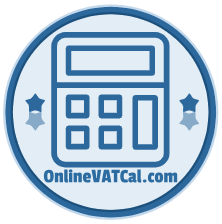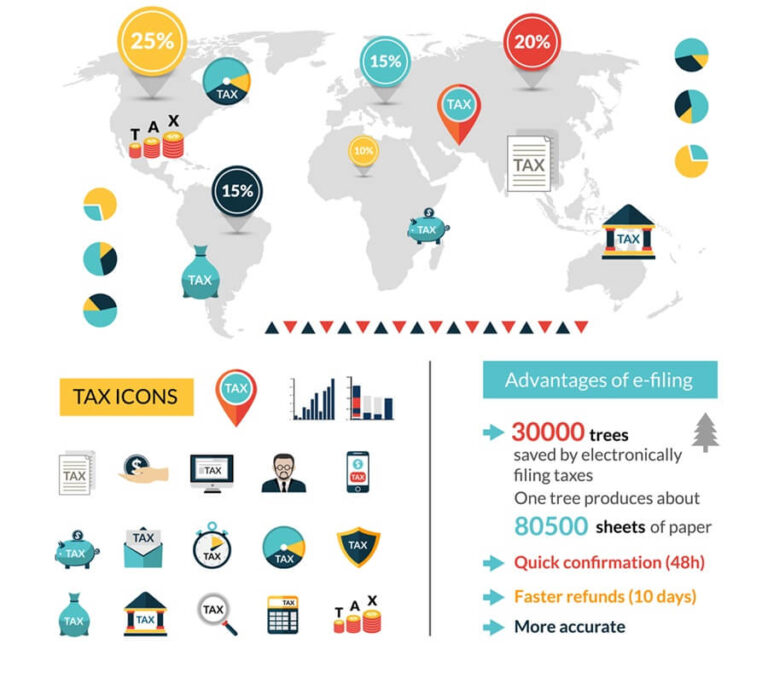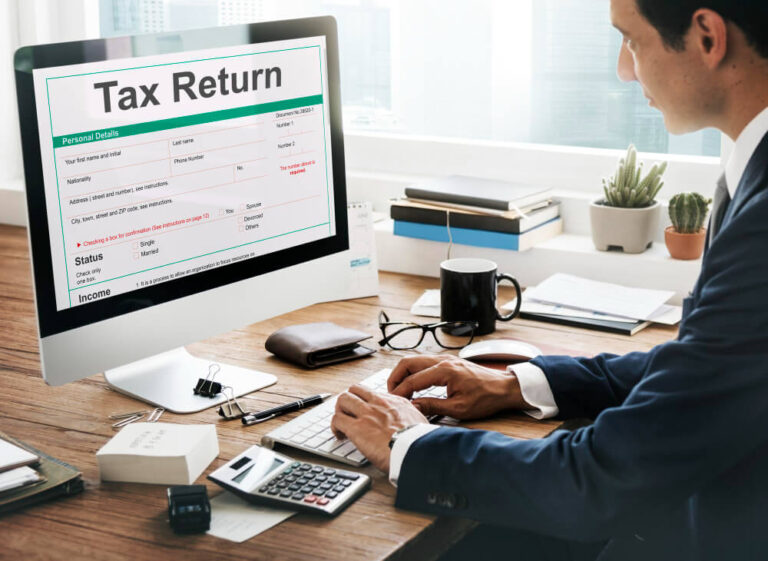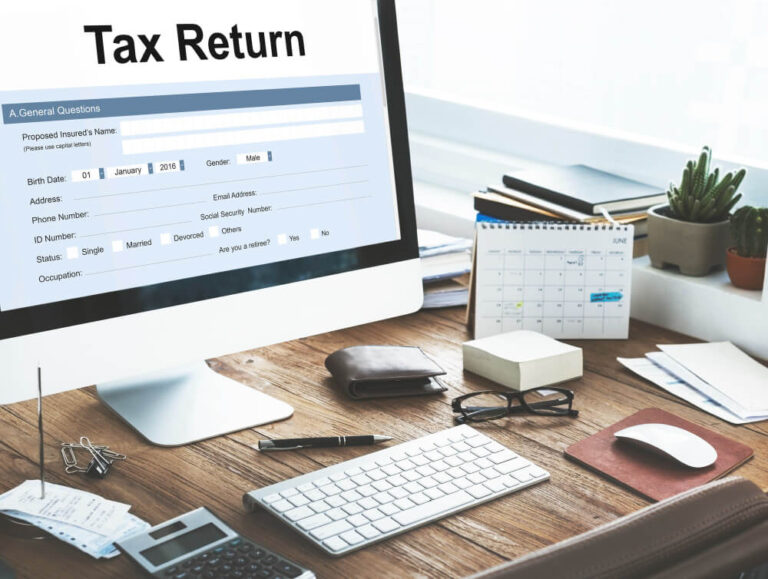Insights from VAT Experts: Q&As with Accountants and Consultants on VAT Best Practices
Value Added Tax (VAT) compliance is filled with intricacies that businesses without specialized tax expertise may struggle with. To provide first-hand advice from leading VAT experts, we interviewed two professionals – Emma, a VAT accountant at a major firm, and Ajay, an independent VAT consultant. Read on for their insights on VAT best practices.
Interview with Emma, VAT Accountant
Q: What are the most common VAT mistakes you see businesses make?
Emma: Many struggle with VAT registration thresholds and timings. We’ve seen clients not register for VAT on time despite crossing the taxable turnover threshold, which can lead to penalties. Others incorrectly de-register before the required turnover period of a year ends. Keeping abreast of changing rules is key.
Q: What are your tips for seamless VAT reporting and filing?
Emma: Start by having a clear VAT reporting process and ownership within your accounting team. Use accounting software with automated VAT reports and return-filling capabilities. That minimizes manual work and errors. I recommend verifying each return multiple times before submission for accuracy. Setting calendar reminders also ensures you never miss filing deadlines.
Q: How can companies better manage VAT audits and queries?
Emma: Firstly, don’t panic when you receive an audit notice! That immediately puts you on the defensive. Instead, view it as an opportunity to strengthen compliance. Maintain detailed records that provide a clean audit trail on your VAT accounting. Respond to all VAT queries comprehensively rather than withholding information. Being transparent and cooperative with tax authorities helps resolve audits faster.
Q: What are some VAT planning tactics you suggest for cash flow optimization?
Emma: Take full advantage of reclaiming VAT on business purchases and expenses wherever eligible, as those savings accumulate. For B2B firms, reverse charge VAT to transfer VAT payment obligations to suppliers. Choose VAT schemes like annual accounting to defer larger VAT payments. And ensure your sales contracts and invoices have clear VAT terms to avoid disputes.
Q: How can companies build a strong VAT control framework?
Emma: Make VAT compliance part of your accounting and audit protocols with internal checklists. Conduct regular VAT reviews and health checks to identify control gaps proactively. Provide comprehensive VAT training to finance teams and conduct ongoing competency assessments. Implement multifaceted VAT reporting and data checks. The right software also enables automation of VAT controls.
Interview with Ajay, Independent VAT Consultant
Q: What are the key challenges you see small businesses face with VAT?
Ajay: Many smaller companies struggle with the shift from being under the VAT threshold to newly registering for VAT. They may not fully grasp VAT rules around registration timing, accounting and returns. I advise them to get professional tax help during the transition. The other challenge is dedicating resources and bandwidth to VAT amidst all their other compliance responsibilities.
Q: How can small e-commerce sellers streamline VAT compliance, especially for selling overseas?
Ajay: Automate VAT calculations and collection on online sales as much as possible based on delivery location. Use a tax engine with pre-set VAT rules for different countries. Ensure your invoicing and payments system syncs with tax calculations. Seek expert advice to determine VAT obligations in the countries your customers are based.
Q: What are your recommendations for VAT accounting system design?
Ajay: Your accounting software needs built-in functionalities for VAT-compliant invoicing, transaction recording, return filling, and reporting. Implement real-time VAT data capture through invoices and payment integrations. Build customized reports that provide audit trails for underlying records. Enable easy information sharing with your tax advisors and HMRC digitally. And conduct quarterly reviews of accounting system VAT capabilities as regulations change.
Q: How should business assess hiring in-house vs. outsourced expertise for VAT needs?
Ajay: Consider your business size, complexity of transactions, and compliance bandwidth. Large firms with specialized in-house tax teams make sense, while smaller or mid-sized players may benefit from outsourced expertise through an accountant or tax consultant. Hybrid models are also possible. The key is ensuring you have the right level of tax specialization needed.
Q: What future VAT trends or changes should businesses be prepared for?
Ajay: Digitization of VAT reporting and compliance is increasing, such as real-time VAT reporting proposed in the Making Tax Digital initiative. Therefore make the technology investments now to cope with real-time compliance demands. Also be prepared for VAT rules to keep evolving with economic policies and business models – for instance, growing e-commerce may lead to new cross-border VAT policies.
Building strong VAT capabilities requires tapping into the insights of seasoned tax specialists to understand leading practices. Interacting with experts through Q&As, seminars, conferences etc. provides invaluable advice. Supplement with ongoing training and research to help your business master VAT excellence.







